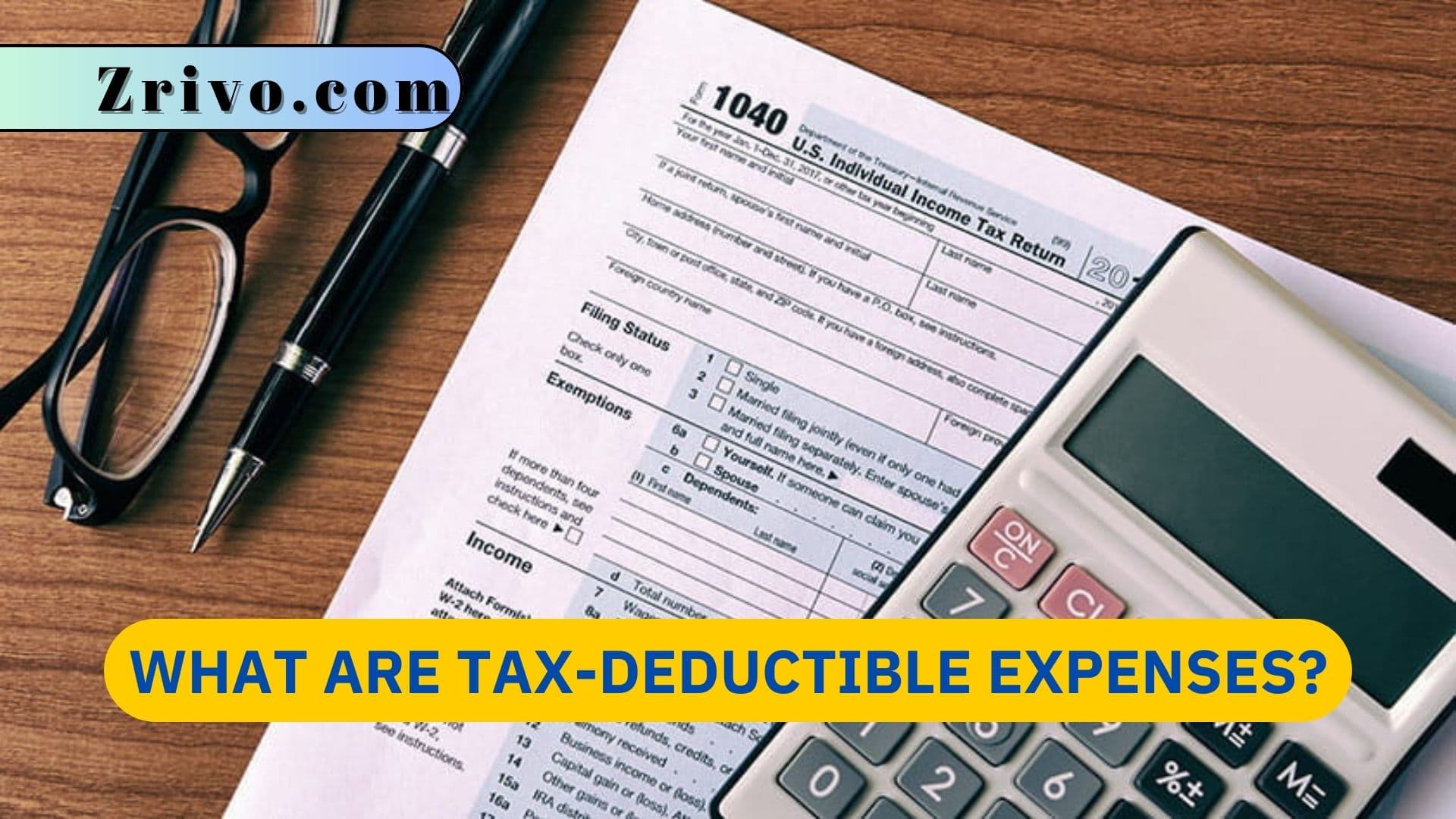
Tax-deductible Expenses serve as a powerful tool in reducing taxable income, resulting in potential tax savings. By understanding deductible expenses, you can unlock opportunities to minimize tax liabilities and maximize your financial well-being. Deductible expenses, also known as allowable expenses, are costs incurred during the course of earning income that can be subtracted from your taxable income. By deducting these expenses, individuals and businesses can reduce the amount of income subject to taxation, ultimately resulting in lower tax liabilities. However, it’s important to note that deductible expenses must meet specific criteria set forth by tax authorities to be eligible for deduction.

Categorizing Tax-Deductible Expenses
Tax-deductible expenses can be categorized into several broad categories, each with its own specific rules and limitations. Let’s explore some of the common categories of deductible expenses:
Business Expenses: Business-related expenses incurred in the ordinary course of trade or profession can often be deducted. This includes costs such as rent for business premises, employee salaries and benefits, office supplies, travel expenses, marketing expenses, and professional fees.
For example, a self-employed graphic designer can deduct expenses such as software purchases, office equipment, internet and phone bills, advertising, and travel expenses for client meetings.
Medical Expenses: Certain medical expenses that exceed a specified percentage of your income may be eligible for deduction. These expenses typically include payments for medical services, prescription medications, hospital stays, dental treatments, and qualified long-term care services.
For example, deductible medical expenses may include hospital bills, prescription medications, doctor’s fees, medical tests, and the cost of durable medical equipment.
Education Expenses: Expenses related to education can be deductible under certain circumstances. This includes tuition fees, textbooks, supplies, and other qualified educational expenses. Eligibility and limitations vary depending on the specific education tax benefits and deductions available.
For example, a student pursuing a degree at a qualified educational institution can deduct tuition fees and certain education-related expenses.

Home Mortgage Interest and Real Estate Taxes: Homeowners may be eligible to deduct the interest paid on their mortgage loans, subject to certain limits and qualifications. Additionally, real estate taxes paid on primary residences and secondary properties may be deductible.
For example, homeowners can deduct mortgage interest paid on their primary residence, including loan origination fees and points and real estate taxes paid to local authorities.
Charitable Contributions: Contributions made to qualified charitable organizations can be deductible. This includes cash donations, as well as donations of property, such as clothing or household items. Specific rules and documentation requirements apply, depending on the nature and value of the donation.
For example, contributions made to recognized charitable organizations, religious institutions, or nonprofit entities may be eligible for deduction.
State and Local Taxes: Taxpayers may be eligible to deduct state and local income taxes or sales taxes paid, subject to certain limitations. This deduction is especially relevant for individuals living in states with income taxes. For example, residents of a state with income tax can deduct the amount of state income tax paid during the tax year.